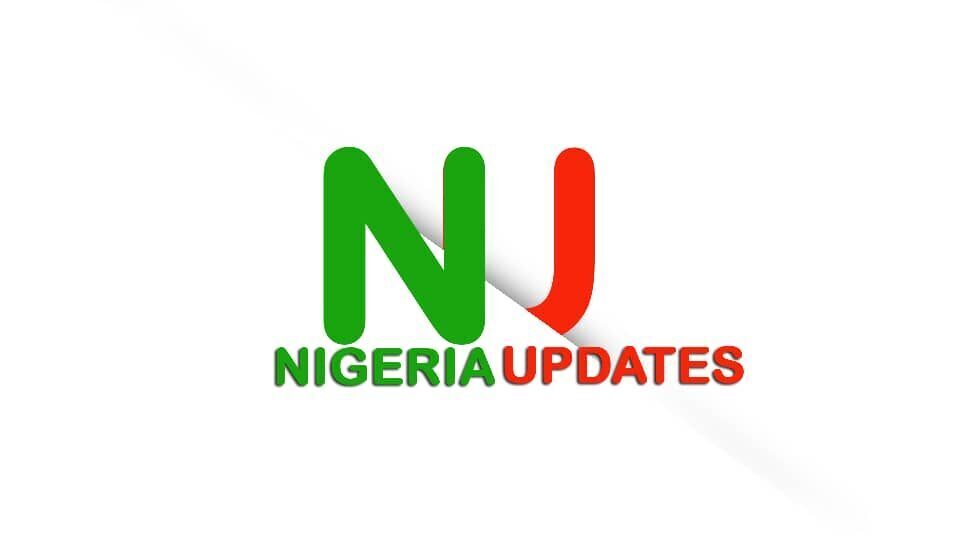Lagos Conference Calls for Holistic Action in Autism Support.
Calls for systemic reform, technological adoption, community-driven advocacy, and more compassionate individualised care echoed through the halls of the MUSON Centre, Onikan, as GTCO Plc marked 15 years of autism inclusion advocacy with its 2025 Annual Autism Conference. Themed “From Awareness to Action: 15 Years of Advancing Autism Inclusion,” the event convened some of the most respected experts in behavioural science, education, technology, psychology, and lived experience.
Delivering the keynote, Mr Segun Agbaje, Group Chief Executive Officer of GTCO Plc, reflected on the impact of the initiative, pointing out that the real power lies in the curiosity, commitment, and compassion of participants.
“When I stand in this hall this morning… I realised that we must be doing something right,” Agbaje began.
“If you’re a caregiver… you’re going to understand a little better in the next couple of days. And hopefully you’ll all make a little difference… and one day we’ll be able to move forward.”

L–R: Rashard Dobbins, Performer and Production Professional; Lanre Duyile, Behaviour Analyst and Consultant; Solape Azazi, Behaviour Analyst and Autism Advocate; Oyinade Adegite, Chief Communications Officer, GTCO Plc; Segun Agbaje, Group Chief Executive Officer, GTCO Plc; Babajide Okuntola, Deputy Managing Director, GTBank and Grace Bamgboye, Consultant Speech-Language Pathologist at the 15th edition of the GTCO Autism Conference held at the MUSON Centre, Lagos.
AI as a Classroom Equaliser for Special Needs Education
One of the most compelling presentations came from Oyeyemi Adako, a Special Education Needs (SEN) expert and researcher, who addressed the potential of Artificial Intelligence to support inclusive learning.
“AI acts as a teaching assistant… It enables better communication, detects learning difficulties like autism, and helps prevent children from falling through the cracks,” Adako said.
She noted that low-cost voice-to-text tools and accessibility software are already transforming classrooms globally and urged Nigerian educators to embrace these technologies.

Personalised Behavioural Support Over One-Size-Fits-All Diagnosi
The role of tailored intervention strategies featured strongly across sessions led by board-certified behaviour analysts
Lanre Duyile, in his talk “Same Diagnosis, Different Realities,” stressed that each person with autism is unique and requires an individualised approach.
“If you have five million people with autism, you have five million subsets. You can’t treat them the same,” he explained, using the A-B-C model (Antecedent, Behaviour, Consequence) to design support plans.
Carmiella Hay followed with practical insights on promoting independence and managing behaviours effectively.
“Use visual supports… Don’t rely on eye contact to know someone is listening. Understand the function of a behaviour — don’t just try to eliminate it.”
Asset-Based Framing Over Diagnostic Deficits
Shifting focus from pathology to potential, Georgiana Koyama discussed the dangers of diagnostic overshadowing, where autism is wrongly blamed for unrelated behaviours.
“It’s not always ‘because they’re autistic’. A child banging their head might have a headache. We must stop reducing people to their diagnosis,” she said.
She encouraged parents and professionals to use strength-based descriptions and design support systems around aspirations rather than limitations.
Grassroots Advocacy That Inspires National Replication
From a deeply personal lens, Solape Azazi, founder of Cradle Lounge, shared how a lack of representation and community drove her to build one.
“After my child’s diagnosis, there were no Nigerian stories, no cultural relevance, just stigma,” she said.
What began as a simple classroom inclusion initiative has now grown into a local-government-supported advocacy model, complete with community workshops, surveys, and policy dialogues. Her efforts have been adopted by other communities across Lagos.
“We can’t wait for the government. We are the government. Once we act, the system will catch up,” she charged.
AAA Framework: Awareness, Acceptance, Accommodation
Osezusi Bolodeoku, founder of FOS ABA Centre and an educational psychologist, introduced her AAA Framework — a pathway from understanding to action.
“Awareness turns on the light. Acceptance clears the fog. Accommodation is the action. This conference is that action,” she explained.
She emphasised the importance of early intervention, drawing from her own experience raising a child with ADHD.
“I began with home-based speech therapy and diet changes. My son is now thriving because we started early.”
Action Beyond Words: The Role of Institutions
In her interview session with NigeriaUpdates, Professor Mashudat Bello-Mojeed, a professor of psychiatry and public health, and Chief Consultant at the Federal Neuropsychiatric Hospital, Yaba, brought a policy-level perspective.
“Autism is everybody’s business — not just for families or therapists. From schools to workplaces, we all have a role,” she stated.
She called for:
Inclusive schools with trained staff and learning aids
Collaborative therapy models within education
Vocational training for economic inclusion
Policy frameworks that match international standards
“Children with autism deserve not just education, but dignity, independence, and equal opportunities in life,” she said.

15 Years On: A Movement, Not Just a Conference
Since 2009, the GTCO Autism Programme has:
Trained thousands of educators and caregivers
Hosted annual regional and international conferences
Supported families through free consultations and therapy services
Provided community awareness campaigns across Nigeria and West Africa
Each year has built on the last, not just with words, but with action — the very transition this year’s theme demands.
As Segun Agbaje summed it up:
“If we’re asking more questions, having deeper conversations, and supporting one another — then we’re definitely doing something right.”


 Entertainment6 days ago
Entertainment6 days ago
 Politics3 days ago
Politics3 days ago
 religion4 days ago
religion4 days ago
 Entertainment1 day ago
Entertainment1 day ago
 Security3 days ago
Security3 days ago
 Politics6 days ago
Politics6 days ago
 Food2 days ago
Food2 days ago
 Tourism6 days ago
Tourism6 days ago


















